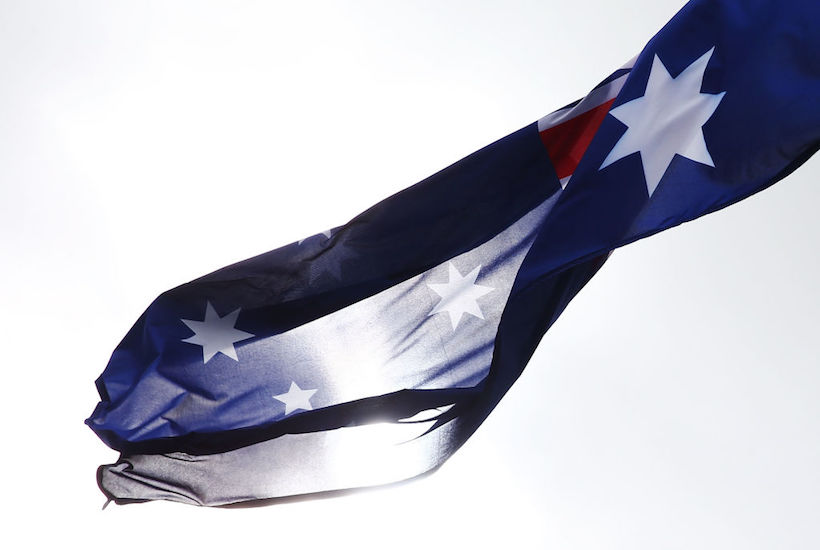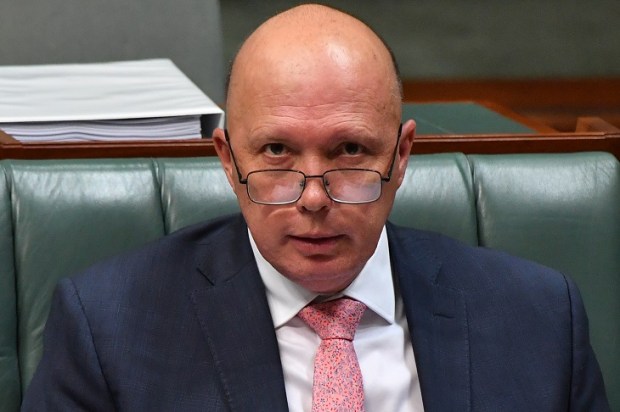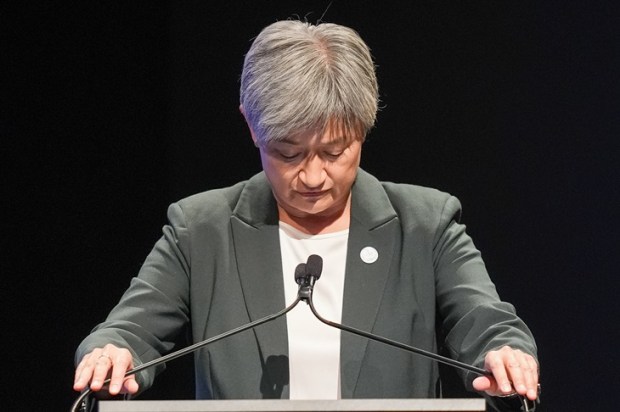We all know the supposed ancient Chinese curse “may you live in interesting times”. As the first quarter of 2020 draws to a close, the world as we know it is certainly experiencing “interesting times” with the dramatic spread across the globe of another product of Chinese origin — coronavirus.
Whole nations are being forced into lockdown as executive government scrambles to slow the spread of this disease. Elderly Britons have been told they will be isolated for months, la dolce vita of Italy has been silenced, and the globalist European Union has shut its borders. In Australia, our nation’s social institutions of sport and mateship have been shuttered and Anzac Day commemorations cancelled for the first time ever. These are truly exceptional circumstances which have rocked the foundations of the global financial and political order.
The virus has wrought economic havoc in financial markets around the world and exposed grave weaknesses in our social and political fabric. The ugly underbelly of our hyper-consumerist and individualistic society has been revealed in panicked crowds savagely defending their hoard of toilet paper.
Decades of aggressive immigration policies and increasing ‘diversity’ has not increased our sense of community and national spirit. It has not strengthened our familial bonds and it has not grown our national sense of self. On the contrary, recent weeks prove that our society has balkanised almost beyond repair with scant shared identity and heritage for large urban populations to cling to.
After decades of concerted efforts by so-called ‘progressives’ to subvert the history, values, and national identities of Western nations throughout the world, the social fabric of the developed world is utterly threadbare. Not only has the social fabric of our nations been worn thin – the weakness of our broader reliance on a globalised system for financial benefit has been exposed by this pandemic.
Only weeks ago, un-representative and anti-democratic Eurocrats bemoaned the tragedy of Britain’s looming date with Brexit on January 31 and the terrible blow this would deliver to harmony (read: globalism). Now, the EU’s borders have closed to prevent further contagion as free movement is banned. The mask of globalism has slipped and revealed a hollow skull beneath.
In Australia, state and commonwealth government responses to the crisis highlight the rapid progression toward local and executive government control and a nascent abandonment of globalist principles. All foreigners have been banned from entering Australia, most states have closed their borders, and Queensland has taken especially politically exceptional steps.
The Sunshine State’s quarantine measures have effectively cut supply lines from any international port in Southeast Asia and the government has granted the Speaker of the House power to suspend parliament for six months (coinciding with the state election scheduled for late October. With the state’s courts and legislature shut down indefinitely, power has effectively been transferred to the executive branch of government. The exceptional nature of our current economic, social, and political circumstances cannot be overstated and present both challenges and opportunities for a post-pandemic world.
Writing almost a century ago, German jurist Carl Schmitt pondered the legal impact of exceptional political circumstances and their impact on national sovereignty. He posited that it was precisely in the moment of exception that the true sovereign within political systems could be deduced. As the Queensland scenario demonstrates, power in the moment of exception resides in the executive branch of our Westminster system of government.
There has been no violent coup, no bloody revolution, merely a well-placed executive which has seized the moment to grasp power firmly and demonstrate that it, not the people, is sovereign. Note well, that this government is dominated by left-wing union appointees in parliament who swiftly inserted politically amenable individuals into the vast bureaucracy which acts as the state’s enduring tool of ideological implementation. While this may pose a challenge to on the political right, we should also be quick to learn the lessons of the current crisis.
The current pandemic has laid bare the fundamental weakness of globalist financial interdependence and revealed how susceptible individual nations are to even a relatively short-term disruption of international trade. It has also re-focused the political consciousness of the electorate – looking to their own national governments rather than some ethereal global order of United Nations or other supranational entity. Somewhat amusingly, support for strong borders has staged a dramatic comeback over the past month. Put simply, the daily shock of this global crisis has begun to awaken whole nations from their intellectual and political stupor. Here lies the great opportunity.
The public mood is ripe for political and market reform which favours a nation-focused agenda, cultivation of a national identity, and development of our own self-reliance. There is ample opportunity to promote an agenda that is no longer subversive, no longer undermined by a class of self-perpetuating bureaucrats, and no longer focused on securing plaudits for meeting globalist targets.
While the introduction of the power to suspend parliament without consultation is a novelty in Queensland, the Commonwealth can already do so. Should a government be bold enough to assert its sovereignty in a state of exception, there is the real capacity to wrest our nation back from the progressive precipice and re-assert itself as a confident and proud nation-state. This will require a concerted effort to encourage the growth of pro-nation influencers within the apparatus of government (politicians, bureaucrats, advisers, and lawyers) to ensure that any future shifts towards greater executive government will be directed toward the strength of the nation rather than subservience to the clearly defunct mantras of globalisation.
How we respond to the current crisis, and the lessons they learn from the political upheaval it presents, will be critical to determining whether a strong and confident nation can emerge from the malaise or whether we will succumb to the contagion and collapse amongst the ruins.
Got something to add? Join the discussion and comment below.
Got something to add? Join the discussion and comment below.
Get 10 issues for just $10
Subscribe to The Spectator Australia today for the next 10 magazine issues, plus full online access, for just $10.


























Comments
Don't miss out
Join the conversation with other Spectator Australia readers. Subscribe to leave a comment.
SUBSCRIBEAlready a subscriber? Log in